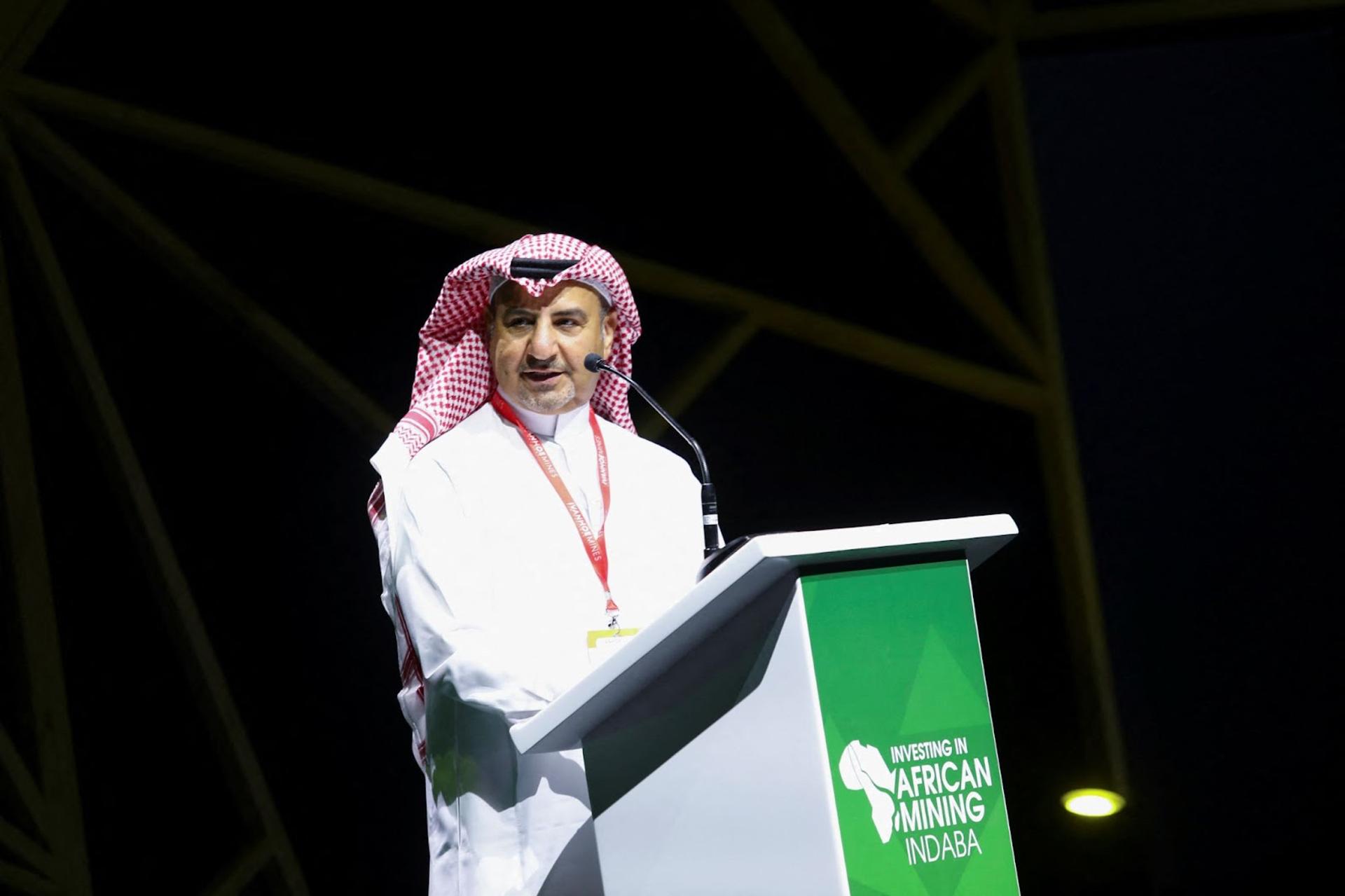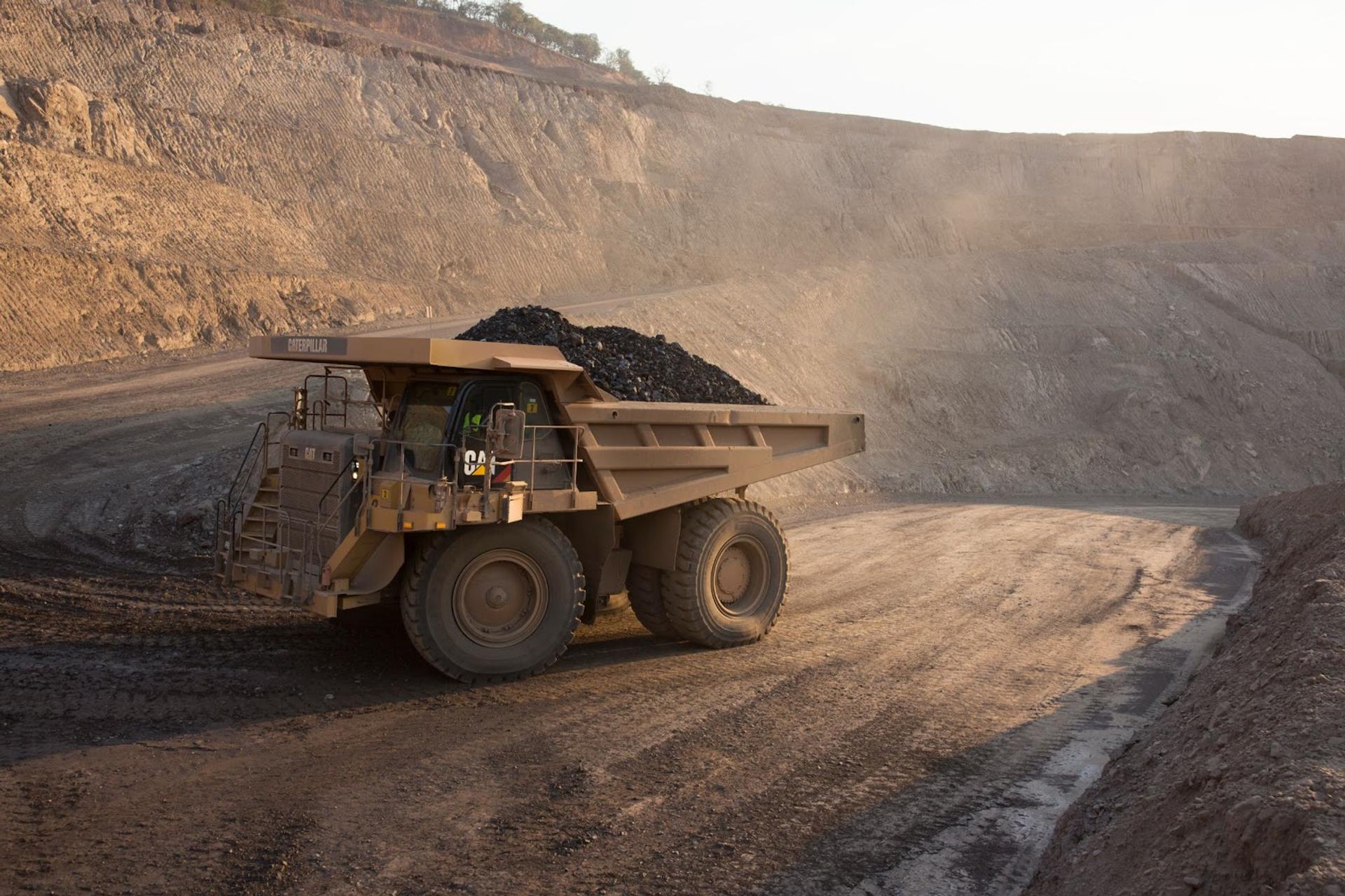The News
RIYADH — Saudi Arabia wants to be a minerals and industrial powerhouse. Key to that plan: Africa.
Riyadh aims to drastically expand its domestic mining sector but acknowledges that even with the potential riches under its soil — $2.5 trillion by its own estimation — it can only access certain minerals at home. So, as a top Saudi official told Semafor in an interview from the kingdom’s capital, it plans to invest abroad, fashioning itself as a hub for refining, processing, and manufacturing based on raw minerals mined abroad. And its priorities include addressing a shortage of infrastructure in African countries rich in critical minerals.
“Every good mine, big sizable mine in Africa, you need technology, you need schools, you need social developments, and you need infrastructure,” said Khalid al-Mudaifer, the vice minister for mining.
Mudaifer pledged the kingdom would help African countries build up their capacity to refine minerals into more lucrative products, thereby capturing more of the economic value of their resources, but noted that not all countries had a robust enough local supply chain to support their ambitions. “Sometimes energy is not there, infrastructure is not there, talent, power, grids,” he said.
In this article:
Know More
Saudi Arabia has huge ambitions in the minerals sector as part of its “Vision 2030” plan to diversify its economy away from fossil fuels. Riyadh wants to leverage growth in mining to attract other big industrial players — notably electric-vehicle makers and battery manufacturers.
The kingdom has in recent months signed deals with four African countries to explore mining partnerships, and has held talks with the U.S. to jointly secure access to metals necessary for both countries’ efforts in the energy transition. Among Riyadh’s commitments has reportedly been to acquire $15 billion worth of global mining stakes to ensure access to critical minerals. And more than two dozen African countries attended Saudi Arabia’s Future Minerals Forum, a conference that has quickly become the world’s biggest mining confab, a signal of how fast the kingdom has sought to build up its mining capacity.
Mudaifer said Riyadh has sought to build relationships with countries such as South Africa, helping train workers there, and shift from an aid model to an investment-focused one. “You cannot take the mine like the old days — colonialism — [where] you go there and take the mines and leave the people,” he said.
Saudi Arabia’s ambitions come at a time when several African countries are exploring ways to process minerals at home, thereby capturing more of their raw economic value and benefiting from the global green transition. Zimbabwe last year banned exports of raw lithium and encouraged local processing, and DR Congo has stated that it wants to move up the battery supply chain by processing more minerals locally. Africa Finance Corporation, a multilateral lender, in February signed an expression of interest to provide $100 million in financing to develop a cobalt sulphate refinery in Zambia by the end of 2025.

Prashant’s view
African nations have multiple reasons to want to deal with Saudi Arabia, whether or not its promises of helping build up infrastructure and refining capacity come to pass in full.
For one, the continent’s mining sector has largely been left to either existing mining companies or Chinese giants, so a new investor angling for finite resources by definition gives African governments more bargaining power, whether or not they eventually agree deals with Riyadh.
Two other factors play in the kingdom’s favor: Given it is not subject to market sentiment in the same way as a publicly listed company would be, it is less sensitive to short-term variations in the prices of minerals. And, in comparison to China, it can legitimately sell a story of having developed largely thanks to its exploitation of domestically held natural resources, a narrative that will be viewed favorably by African countries hungry for economic growth.
Finally, dealing with Saudi Arabia may be a potential proxy of building up a minerals relationship with the United States: Washington and Riyadh’s talks centered on the latter building up mining capacity in Africa with the former having some preferential rights to buy up production, according to The Wall Street Journal. That allows the U.S. to, in effect, buy up much-needed minerals via Saudi Arabia, which is more able and willing to invest in countries where corruption remains a significant liability and other ESG concerns are a risk.
Room for Disagreement
Saudi Arabia’s grand ambitions are likely to run into raw reality, at least in the short term: Building infrastructure is a laborious process, made more complex by the fact that many of the countries where Riyadh is seeking to make mining investments have limited state capacity. Mudaifer acknowledged in our interview that the kingdom itself lacked sufficient skilled labor for the huge expansion in mining that it planned, let alone what may also be required for any deals with African states.
Notable
- An expert at the Center for Strategic and International Studies cataloged the various strategic advantages Saudi Arabia holds in dealing with African countries when it comes to mineral exploration and refining.
